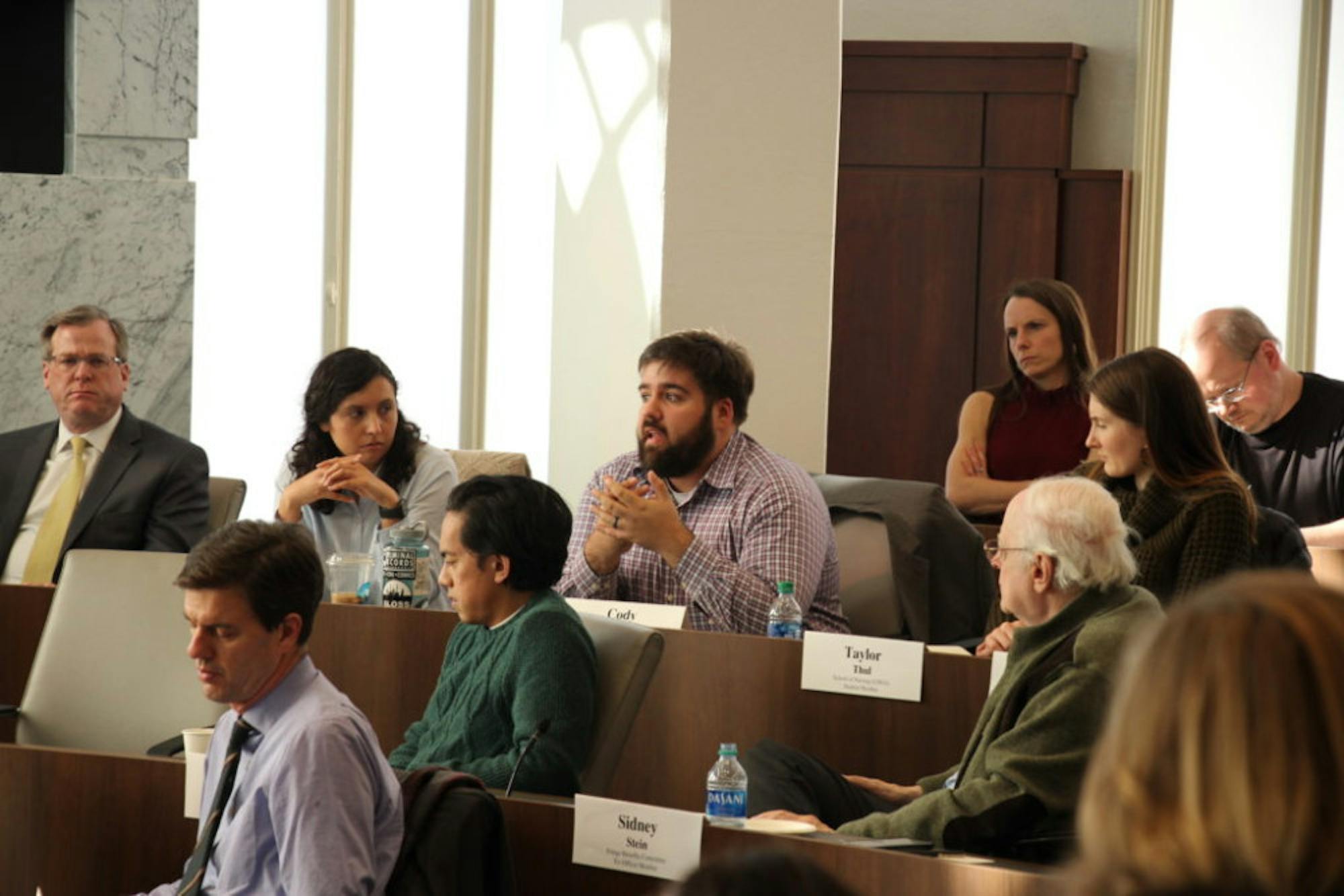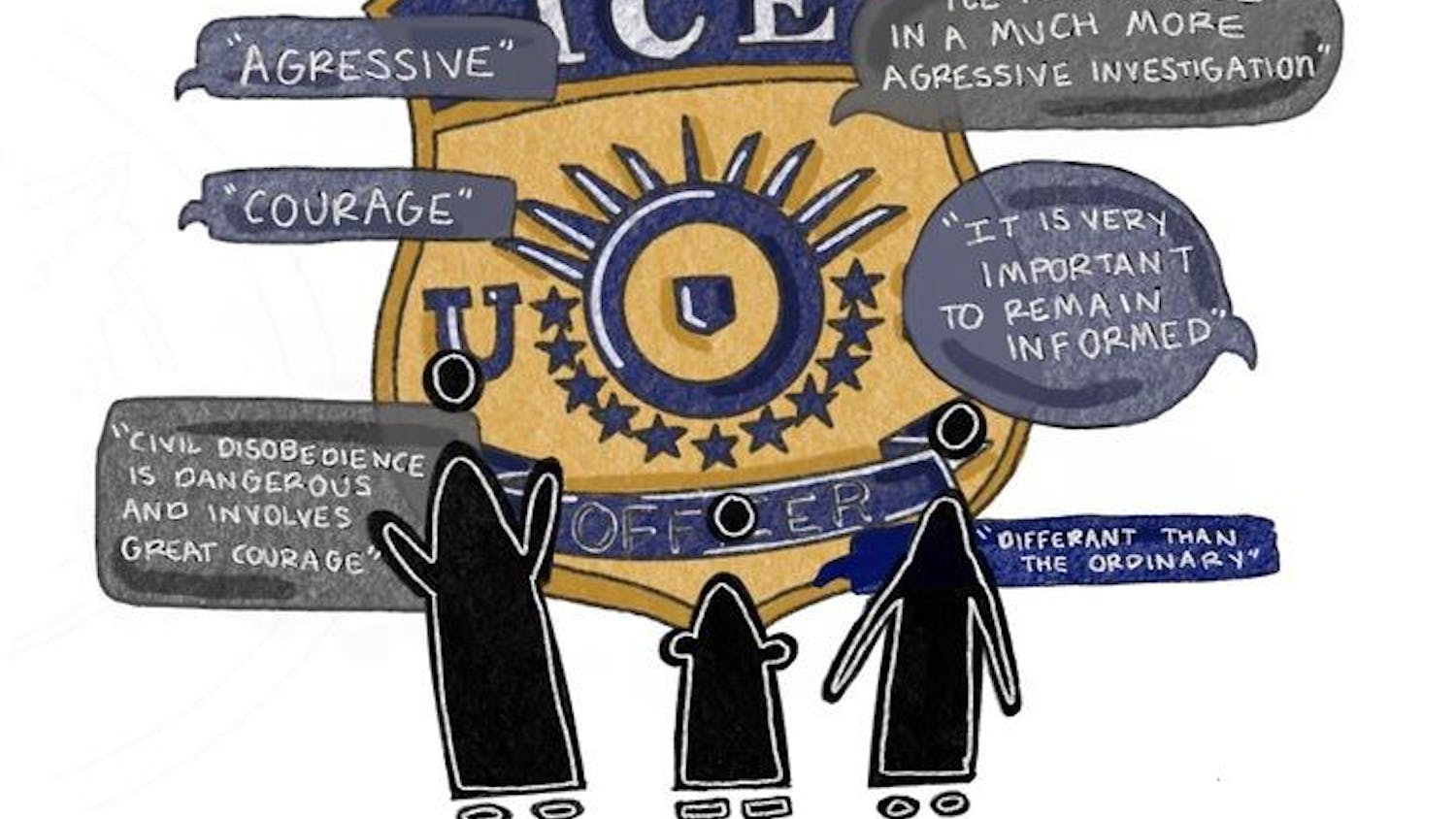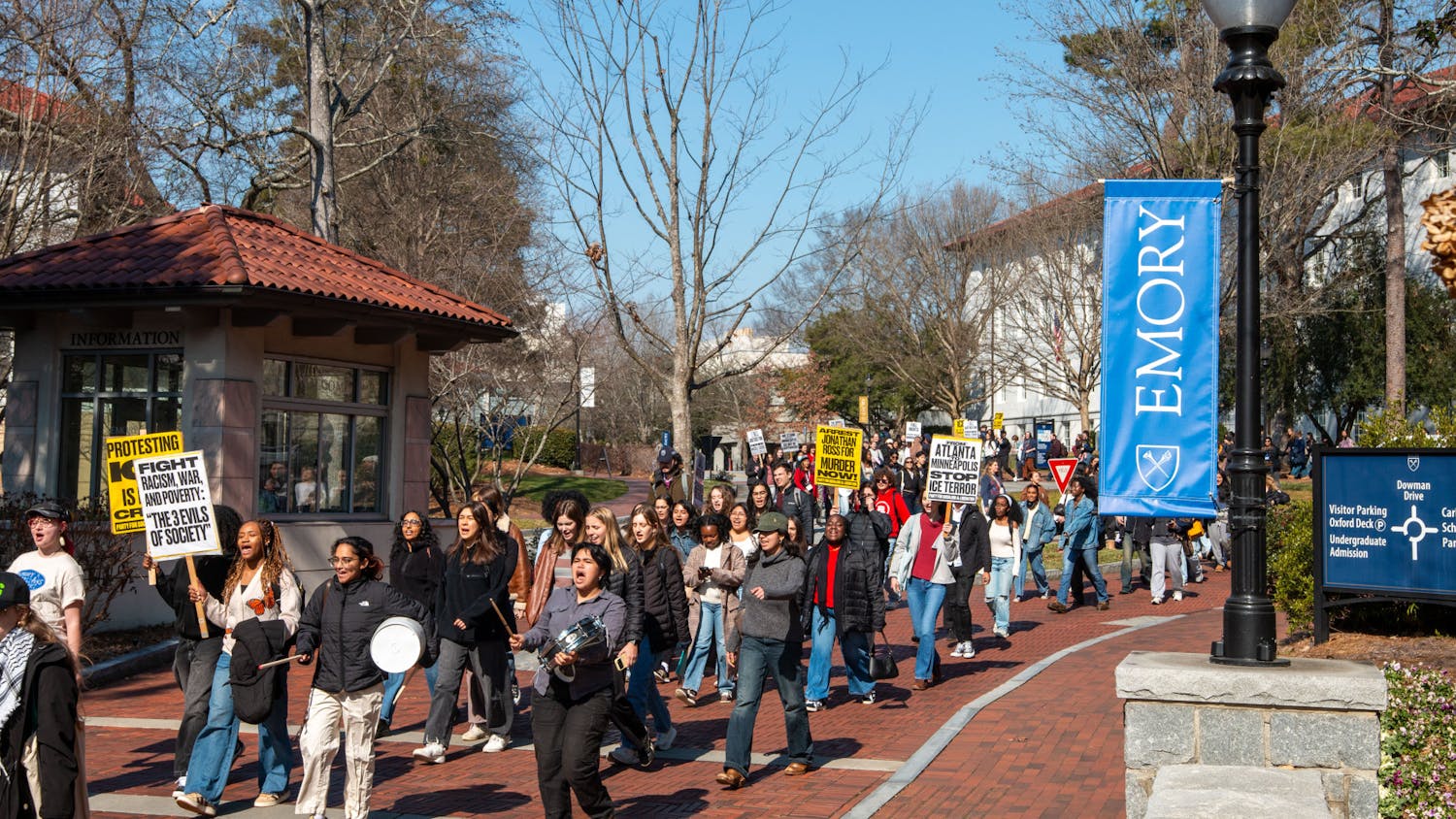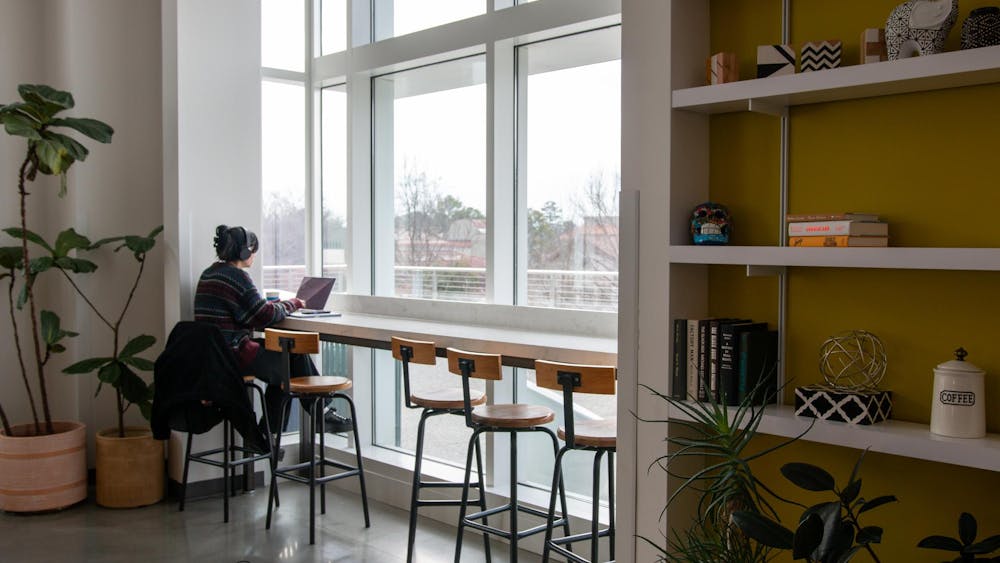
Over a 48-hour period, the Emory community witnessed the deliberation of three separate University bodies over an accelerated presidential selection process. The Presidential Selection Committee hosted two public town halls at Emory’s Atlanta and Oxford campuses, while University Senate and the Student Government Association (SGA) held meetings discussing student involvement in the presidential search.
During Presidential Selection Committee’s first public town hall on Jan. 28, students expressed further concern about the lack of student involvement in the search process.
Twelve students attended the town hall, which was facilitated by Graduate Student Government Association (GSGA) President Cody Long (20L) and College Council (CC) President Jacob Hicks (18Ox, 20C).
CC Vice President of Budget Lyndsey Garbee (21B) emphasized the strong level of student engagement needed in the next president.
“[As the University president], you should be able to send out a survey to the campus body and ask students, ‘How many of you have personally shook hands with the president?’” Garbee said. “Obviously any metric you use can be flawed, but if it’s less than 40 or 50 percent, it’s a cause for concern and it means that [the president] might not be engaging in the way that they should be.”

In remarks to the University Senate, which also convened on Tuesday, Long echoed earlier remarks he has made criticizing the lack of student involvement in the presidential selection process, calling the involvement a matter of trust in the student body.
“To us, it’s a question of value,” Long said. “Does the search committee value our opinion? Do you trust [students] to take that step and help choose the next University president?”
Members of the selection committee were not present for Long’s remarks. Long said he felt the selection committee did not allow students to advocate for themselves to be a part of the search process.
“What worries me is that the conversation about whether a student will be a part of the process is occurring without students present,” Long said.
At both the town hall and the University Senate meeting, committee members asked respective attendees identical questions, which were gleaned from a survey on the Presidential Selection Committee’s website.
Several University Senate members and town hall attendees spoke on the importance of the next president becoming a visible member of the campus community. At the University Senate meeting, SGA President Ben Palmer (18Ox, 20C) said that the next president’s visibility must fall into two categories: direct interaction with students and advocacy for the community.
Anthony Gacasan (20M), a student member of the University Senate, said that a recurring theme he noticed throughout the discussion centered around a lack of common identity among Emory students.
“Students don’t have something they strive for together outside of their academic work,” Gacasan said. “Emory doesn’t know what they want the culture here to be, and that is something the next president can do.”
The third and final town hall is scheduled for Jan. 30 at 5:30 p.m. and will be held in the Emory Student Center.
Palmer and Hicks also said at a separate SGA meeting on Jan. 27 that they are planning to create a committee consisting of members from both SGA and CC to hold meetings with student groups that wish to provide additional feedback beyond the town halls. According to Hicks, the selection committee will receive summaries of the meetings and read them verbatim.
Student groups will also have the opportunity to invite members of the selection committee to the meetings, according to Palmer.
Tanika Deuskar contributed reporting.







